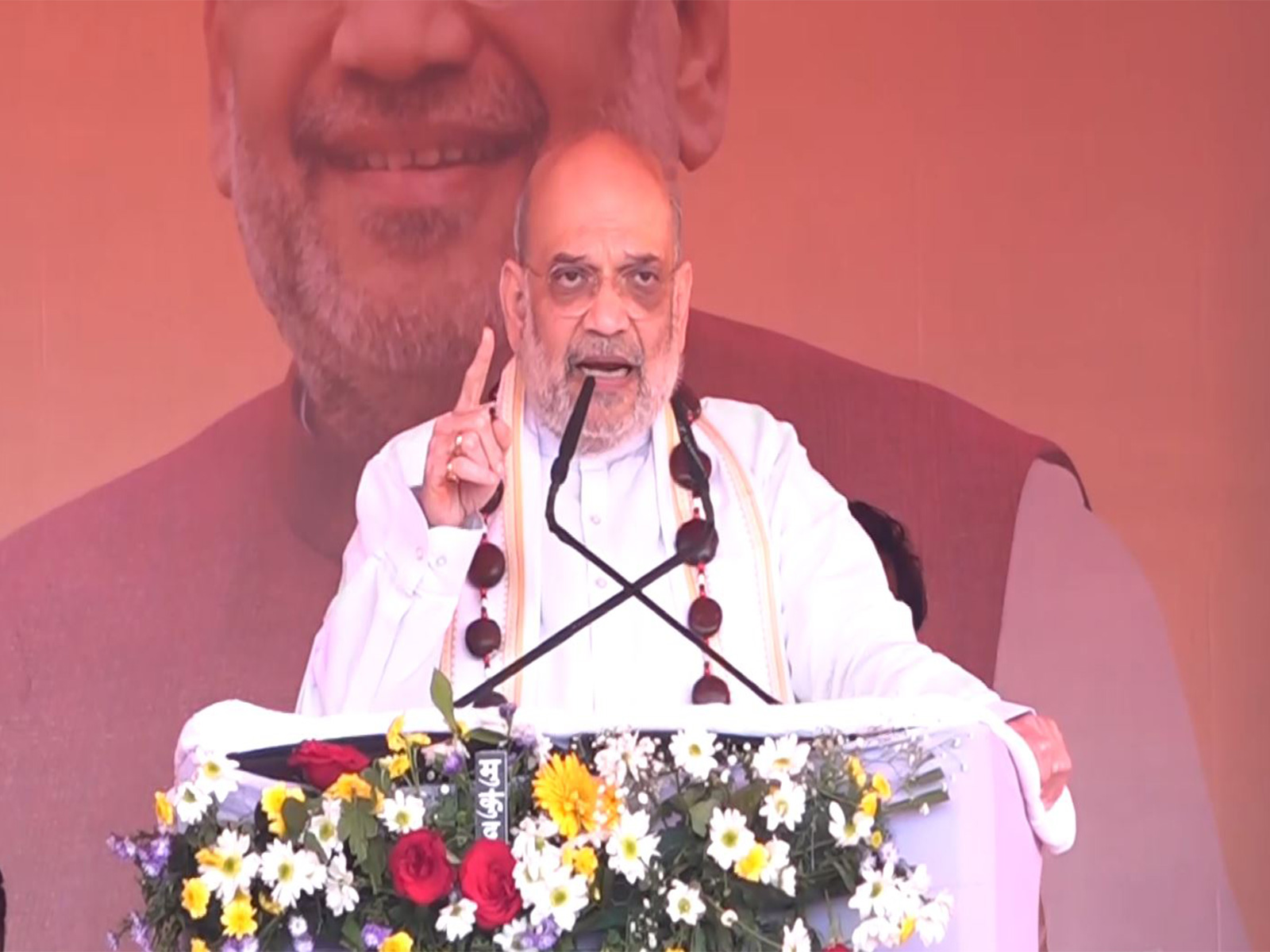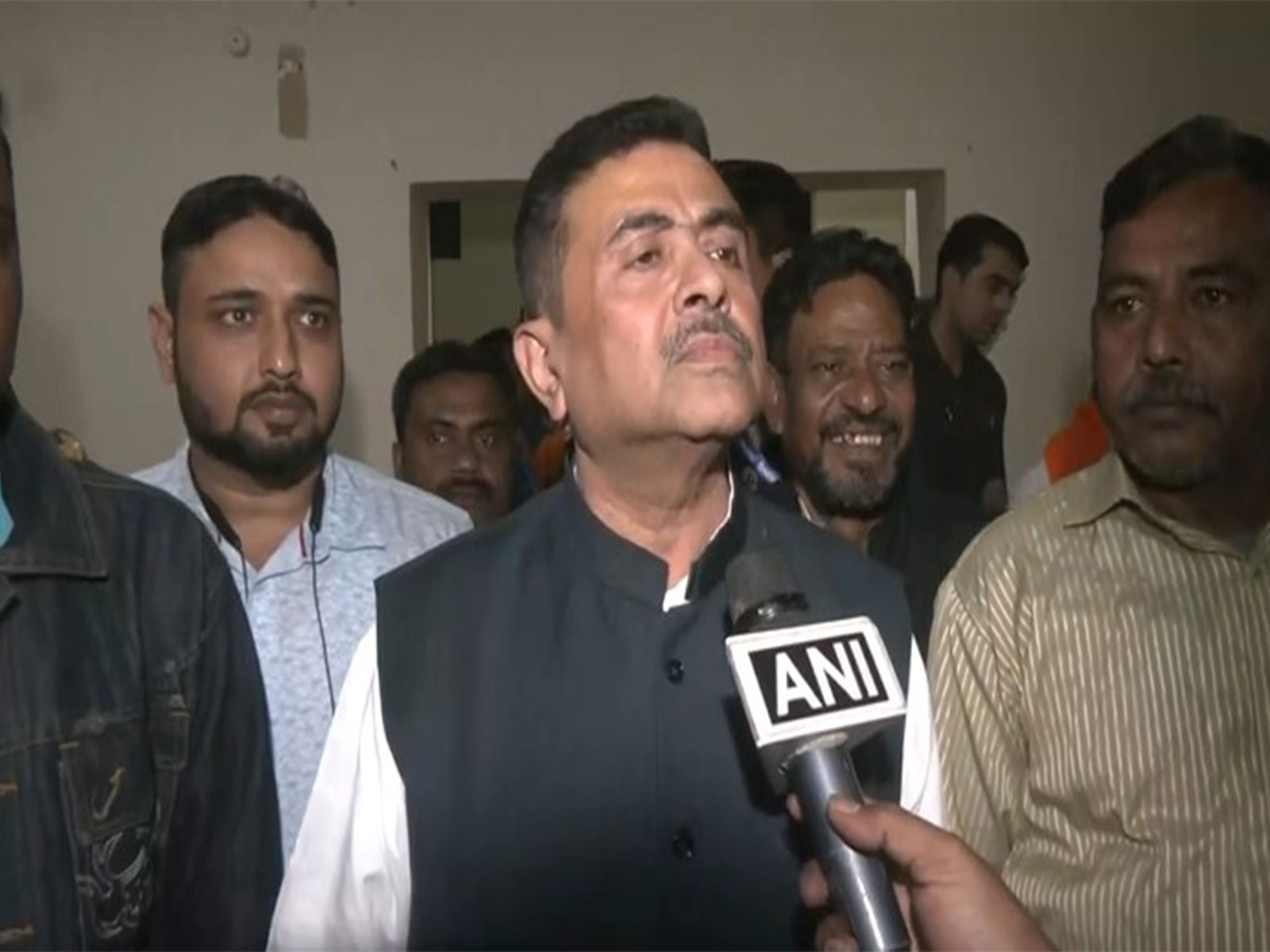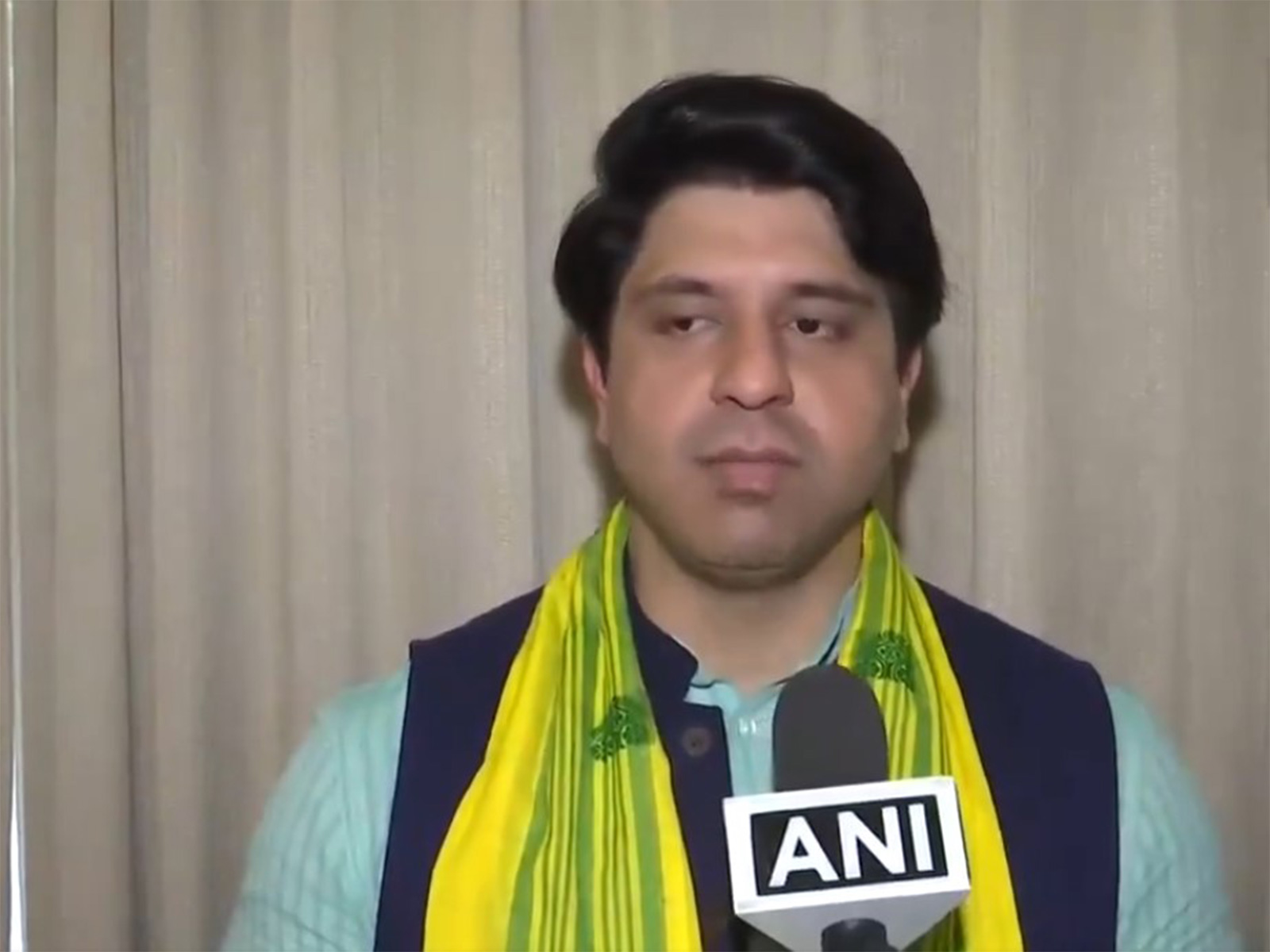IT panel led by Jadhav to discuss Telecom Bill next week even before its introduction in Parliament
Oct 17, 2022

By Payal Mehta
New Delhi [India], October 17 : In a path-breaking initiative by the newly-appointed chairman of the IT Committee, Pratap Jadhav, the panel will hold its first meeting next week with the agenda being the Indian Telecommunications Bill 2022.
According to sources so far never has a Bill been discussed in a Committee before its introduction in Parliament.
The Bill is currently in its draft stage and is in the public domain to seek feedback from people.
The sources said that Chairman Jadhav requested all the members to discuss this Telecom Bill so that time can be saved and like usual, the panel does not have to discuss a Bill once it is referred to a panel.
The Committee in its meeting next week will ask the telecom secretary and other officials of the telecom ministry to depose before it. The Committee has also opined that it would finish its discussion on the Bill ahead of the upcoming Winter Session of Parliament when the government was likely to introduce it for passage.
With 117 crore subscribers, India has the world's second-largest telecommunication ecosystem. The telecommunication sector employs more than 4 million people and contributes about 8 per cent of the country's GDP.
The existing regulatory framework for the telecommunication sector is based on the Indian Telegraph Act, 1885. The nature of telecommunication, its usage and technologies have undergone a massive change since the era of "telegraph". The world stopped using "telegraph" in 2013.
In the era of new technologies such as 4G and 5G, Internet of Things, Industry 4.0, M2M Communications, and Mobile Edge Computing, among other, these technologies are creating newer opportunities for India's socio-economic growth. Therefore, India needs a legal framework attuned to the realities of the 21st century.
In the past eight years, the Government has taken several initiatives for the growth of the telecommunication sector. These measures include rationalising the definition of adjusted gross revenue (AGR), rationalising bank guarantees and interest rates, allowing for 100 per cent FDI under the automatic route, delicensing of frequency bands, streamlining process of Standing Advisory Committee on Radio Frequency Allocation (SACFA) clearances for mobile towers, etc.
The Government has also committed huge amounts for digital inclusion. Providing high-quality connectivity in unconnected areas, revival of BSNL, taking optical fibre to all gram panchayats, developing India's own telecom technology stack, and developing telecom manufacturing ecosystem, demonstrate the government's commitment to digital inclusion.
It is in this context that the officials said they have taken up the initiative to restructure the legal and regulatory framework for the telecommunications sector.
The Ministry of Communications initiated a public consultative process to develop a modern and future-ready legal framework. In July 2022, a consultation paper on 'Need for a new legal framework governing Telecommunication in India' was published and comments were invited. The consultation paper explained the existing legal framework and issues associated with it. The paper highlighted the evolution of telecommunication regulation in other countries.
Sources said that all members present in the meeting on Monday, cutting across party lines, agreed for a threadbare discussion on the Telecom Bill which impacts one and all.
The Committee has also decided in its other agenda for the year chosen issues for discussion like data privacy, need to regulate over-the-top (OTT), mushrooming media channels coming up without following proper regulations and norms.
The Monday's meeting chaired by Jadhav was attended by Nishikant Dubey, Sanjay Seth, Sunita Duggal, Tejasvi Surya and Anil Agarwal from Bharatiya Janata Party. Mahua Moitra, Shatrughan Sinha and Jawahar Sircar from TMC; John Brittas from the Left; Galla Jaidev of TDP and DMK MP Sumathy T were amongst those who attended the meeting.

















